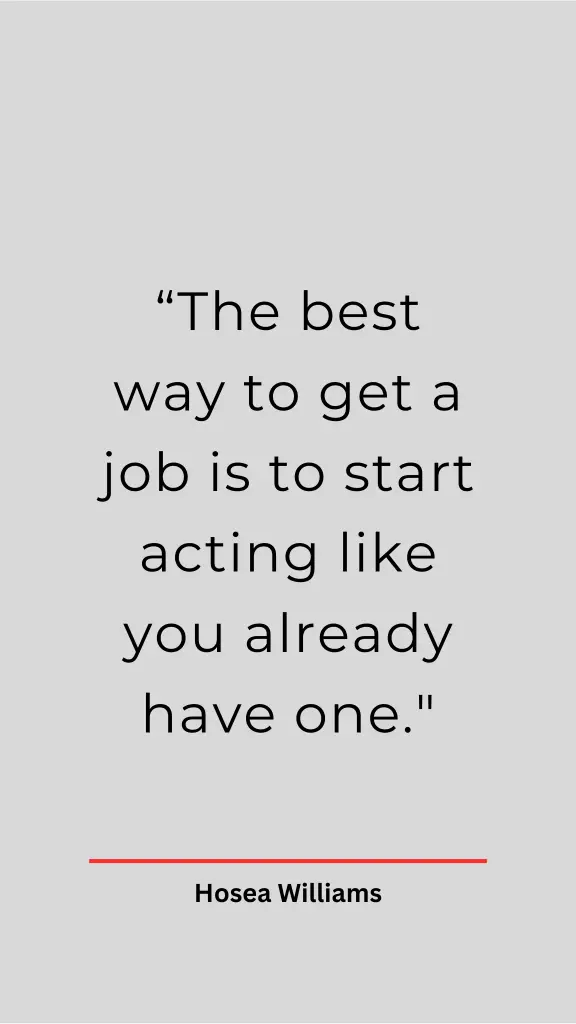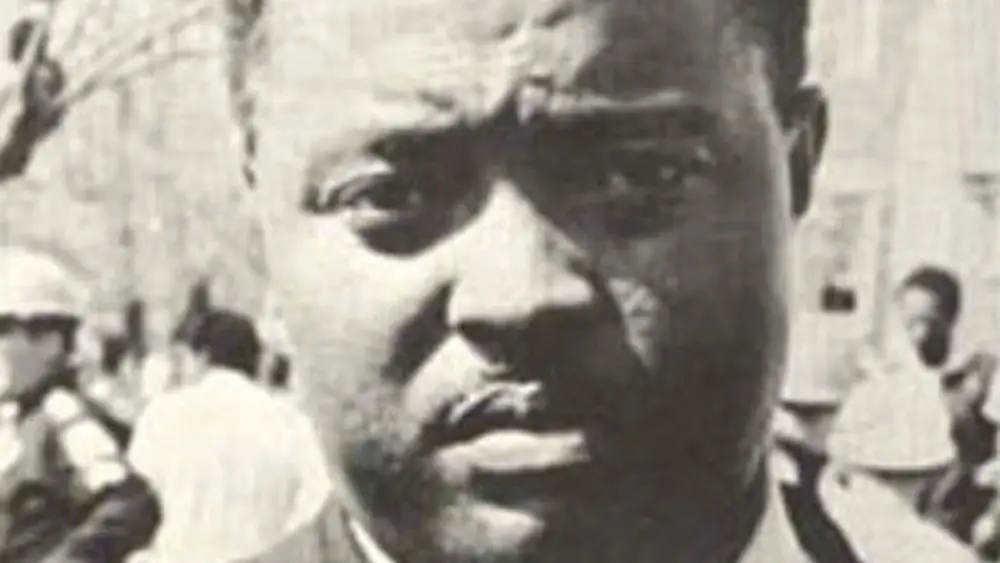Hosea Williams, born on January 5, 1926, in Attapulgus, Georgia, emerged from a challenging childhood and tumultuous early years to become one of the most iconic figures of the American civil rights movement. His legacy as an activist, politician, and humanitarian underscores a lifelong commitment to justice and equality.
Early Life and Transformation
Williams endured significant hardships in his early years, which he later described as a time when he was a “thug and gangster.” These struggles also shaped his transformative journey into an iconic civil rights leader. Despite these struggles, his resilience and determination led him to transformative experiences. After a series of odd jobs, Williams joined the U.S. Army during World War II by lying about his age. His service in the war left him seriously wounded, requiring over a year of recovery in a British hospital.
Upon returning to the United States, Williams pursued his education. He earned his high school diploma at 23, a bachelor’s degree from Morris Brown College in Atlanta, and a master’s degree in chemistry from Atlanta University (now Clark Atlanta University). He later became the first Black federally employed research chemist in the South, working for the Department of Agriculture in Savannah, Georgia. However, his burgeoning career could not shield him from the pervasive racism of the time. A brutal beating by a white mob for drinking from a whites-only water fountain was a pivotal moment that steered Williams toward the civil rights movement.
Civil Rights Activism and Leadership
Williams began his activism with the National Association for the Advancement of Colored People (NAACP), where he organized sit-ins and marches that helped desegregate Savannah. However, institutional prejudice within the NAACP itself—he was denied a board position because his parents were unmarried—pushed Williams toward new opportunities. In 1963, he joined Dr. Martin Luther King Jr. at the Southern Christian Leadership Conference (SCLC), where he became an integral figure in the fight against segregation.
As a member of the SCLC, Williams helped organize critical civil rights actions, including the Selma to Montgomery marches in 1965. Alongside John Lewis, he co-led the infamous “Bloody Sunday” march on March 7, 1965. This is where police brutally attacked peaceful demonstrators as they crossed the Edmund Pettus Bridge. This event galvanized national support for voting rights, culminating in the passage of the Voting Rights Act of 1965. Williams also played a critical role as an organizer and advance man for Dr. King, paving the way for nonviolent protests across the South.

Political Career and Continued Advocacy
After leaving the SCLC in 1979 amid internal power struggles, Williams transitioned into politics. He served in the Georgia state legislature from 1974 to 1985. Also, he held various political positions, including a term on the Atlanta City Council and as a county commissioner. Although he faced setbacks in his bids for higher offices, such as the U.S. Senate and the Atlanta mayoralty, his passion for justice remained unwavering.
Furthermore, Williams continued to fight for civil rights outside the political arena. In 1987, he led two marches in Forsyth County, Georgia, a predominantly white area known for its resistance to integration. His leadership in these marches highlighted ongoing racial tensions and the need for sustained activism.w
Hosea Williams Feed the Hungry and Homeless
In 1971, Williams founded Hosea Feed the Hungry and Homeless, a program dedicated to providing food, clothing, and medical assistance to Atlanta’s most vulnerable residents. Moreover, this humanitarian initiative became a cornerstone of his legacy. This reflected his belief that civil rights extended beyond legal and political reforms to include addressing economic and social disparities.
Legacy
Hosea Williams passed away on November 16, 2000, in Atlanta, Georgia. He left behind a lasting legacy defined by courage, resilience, and service. As a Korean War Veteran, Williams dedicated much of his life to fighting for justice. He emerged as a leader in the civil rights movement, advocating for the underprivileged. Williams’ efforts continue to inspire generations in the fight for equality and human dignity. His life remains a powerful reminder of the impact one individual can have on transforming society.




